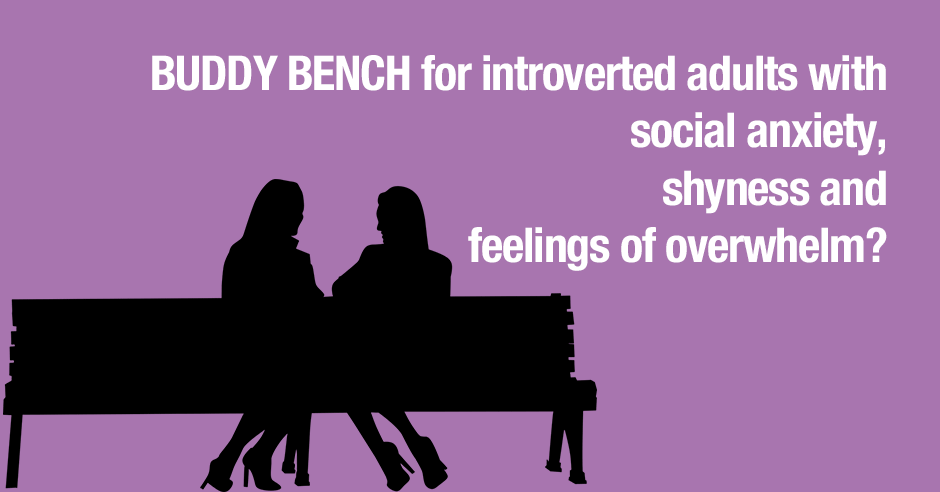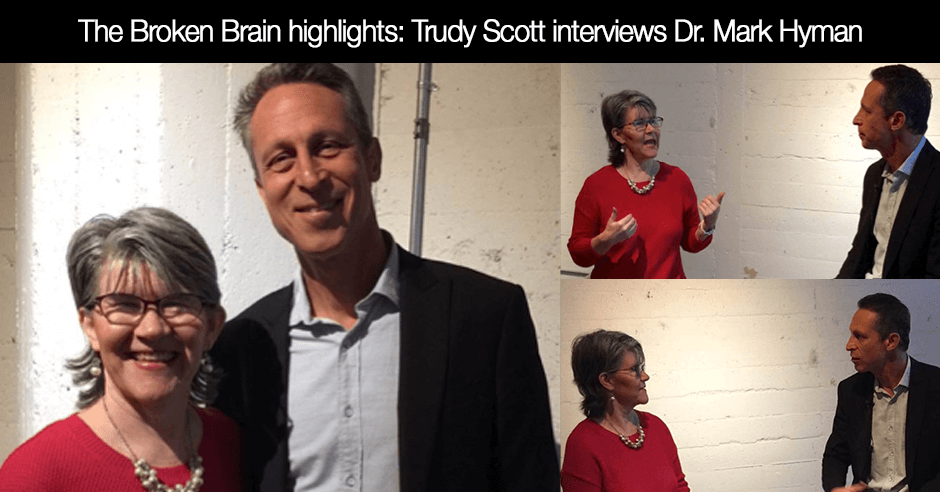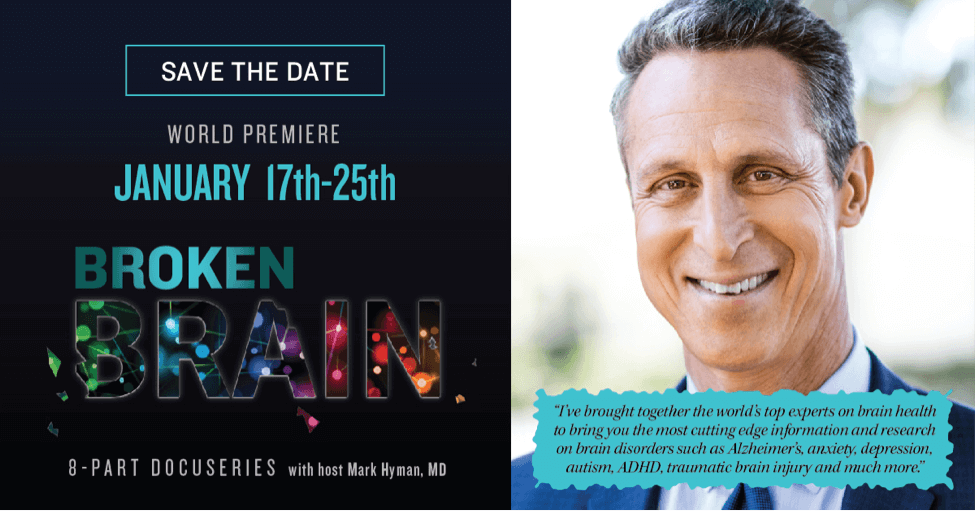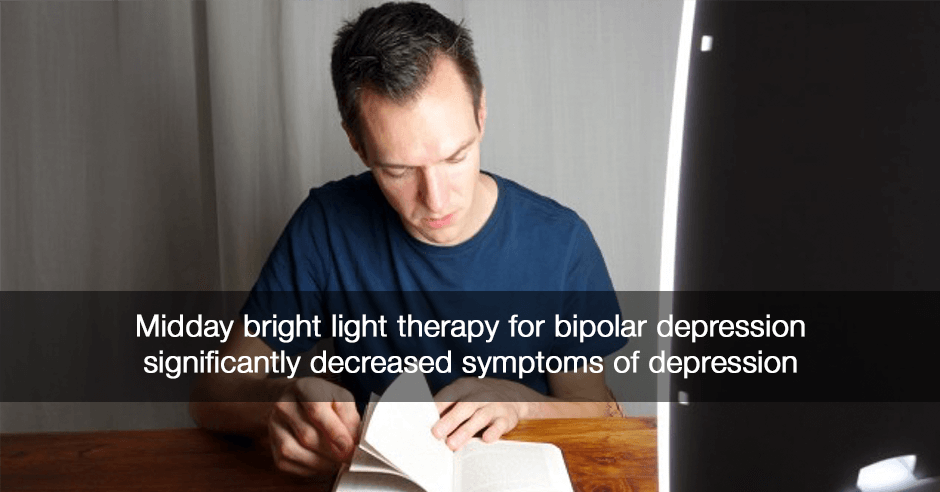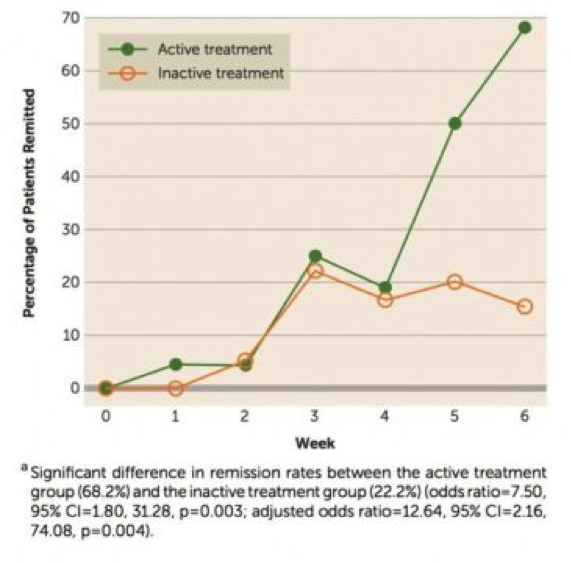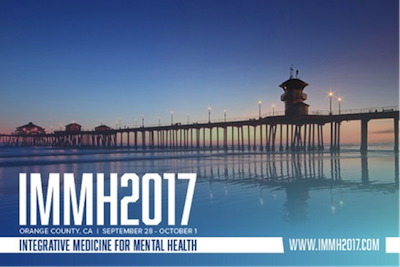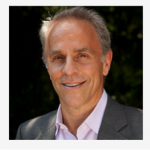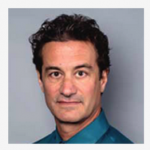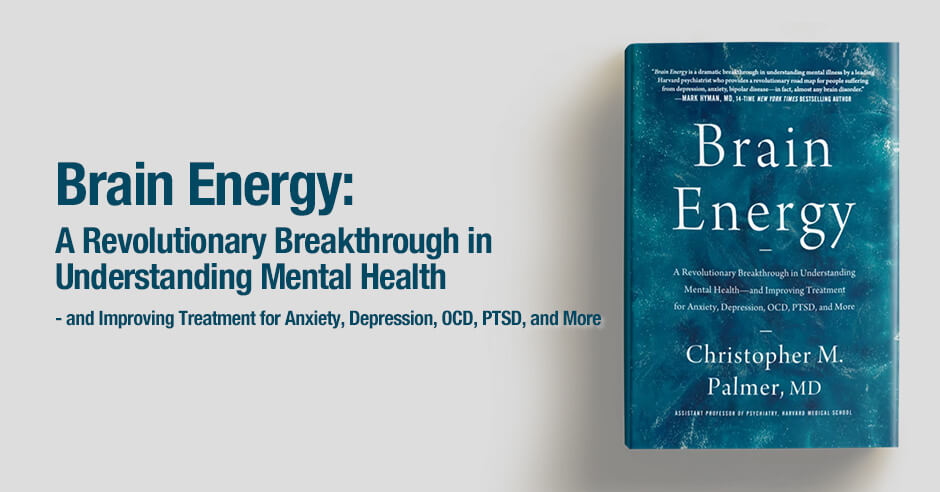
This much anticipated book by Christopher M. Palmer MD, just released last week… here is the official blurb:
This is the book that will forever change the way we understand and treat mental health. If you or someone you love is affected by mental illness, it might change your life.
We are in the midst of a global mental health crisis, and mental illnesses are on the rise. But what causes mental illness? And why are mental health problems so hard to treat? Drawing on decades of research, Harvard psychiatrist Dr. Chris Palmer outlines a revolutionary new understanding that for the first time unites our existing knowledge about mental illness within a single framework: Mental disorders are metabolic disorders of the brain.
Brain Energy explains this new understanding of mental illness in detail, from symptoms and risk factors to what is happening in brain cells.
Palmer also sheds light on the new treatment pathways this theory opens up – which apply to all mental disorders, including anxiety, depression, ADHD, alcoholism, eating disorders, bipolar disorder, autism, and even schizophrenia.
Brain Energy pairs cutting-edge science with practical advice and strategies to help people reclaim their mental health.
This groundbreaking book reveals:
- Why classifying mental disorders as “separate” conditions is misleading
- The clear connections between mental illness and disorders linked to metabolism, including diabetes, heart attacks, strokes, pain disorders, obesity, Alzheimer’s disease, and epilepsy
- The link between metabolism and every factor known to play a role in mental health,
- including genetics, inflammation, hormones, neurotransmitters, sleep, stress, and trauma
- The evidence that current mental health treatments, including both medications and therapies, likely work by affecting metabolism
- New treatments available today that readers can use to promote long-term healing
Palmer puts together the pieces of the mental illness puzzle to provide answers and offer hope. Brain Energy will transform the field of mental health, and the lives of countless people around the world.
I’ve been following Dr. Palmer for a few years and first blogged about his work and research here in 2018 before I knew much about ketogenic diets in mental health – Ketogenic diet: reductions in auditory hallucinations and delusions, better mood and energy, and weight loss
Here are some of the papers he has published in the last few years:
Psychiatric conditions, such as schizophrenia, depression, bipolar disorder and binge eating disorder, are neurometabolic diseases that share several common mechanistic biopathologies. These include glucose hypometabolism, neurotransmitter imbalances, oxidative stress and inflammation. There is strong evidence that ketogenic diets can address these four fundamental diseases, and now complementary clinical evidence that ketogenic diets can improve the patients’ symptoms.
- Ketogenic Therapy in Serious Mental Illness: Emerging Evidence (this is a review paper and discusses his cases (as mentioned in the above blog post) and this incredible outcome:
In 2009, a 70-year-old woman with chronic schizophrenia since her teens was reported to have improved significantly after starting a ketogenic diet for weight loss. Within 8 days of starting the diet, she reported no hallucinations and improved energy. After 1 year, she lost 5 kg and remained free of hallucinations.
And this update about the same woman:
At age 82, this woman who suffered from treatment-resistant schizophrenia for 53 years remained alive and well on the ketogenic diet. She was off all psychotropic medications for 11 years, including antipsychotic medications, and remained free of psychotic symptoms. She lost 150 pounds over this 12-year period. Additionally, she no longer needed a court-appointed guardian or Program of Assertive Community Treatment (PACT) team and was thriving independently.
Recent transcriptomic, proteomic and metabolomic evidence from postmortem prefrontal cortical samples and in-vivo NMR spectroscopy results support the hypothesis that there is a bioenergetics dysfunction characterized by abnormal glucose handling and mitochondrial dysfunctions resulting in impaired synaptic communication in the brain of people with schizophrenia.
Ketogenic diet, which provides alternative fuel to glucose for bioenergetic processes in the brain, normalizes schizophrenia-like behaviours in translationally relevant pharmacological and genetic mouse models. Furthermore, recent case studies demonstrate that ketogenic diets produce improvement in psychiatric symptoms as well as metabolic dysfunctions and body composition in patients with schizophrenia.
You can read more about Dr. Palmer and the book here and purchase your copy on Amazon here (my Amazon link).
Stay tuned for my in-depth book review.
Until then feel free to share your feedback/review when you purchase and read your copy. And do share if you’ve had success with a ketogenic diet and any of the other approaches he addresses.
If you have questions please share them here too.
